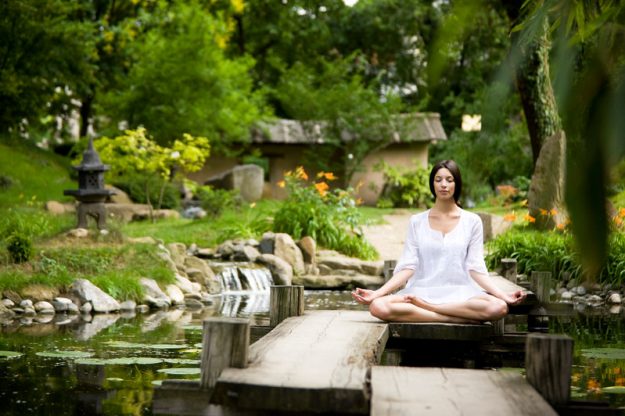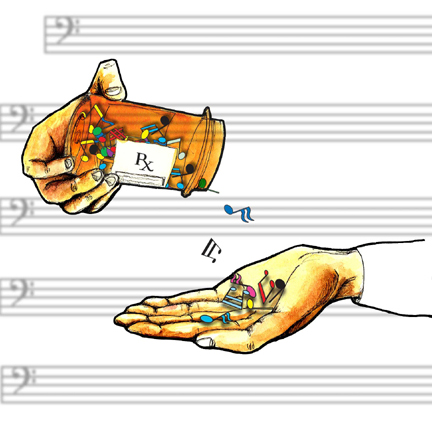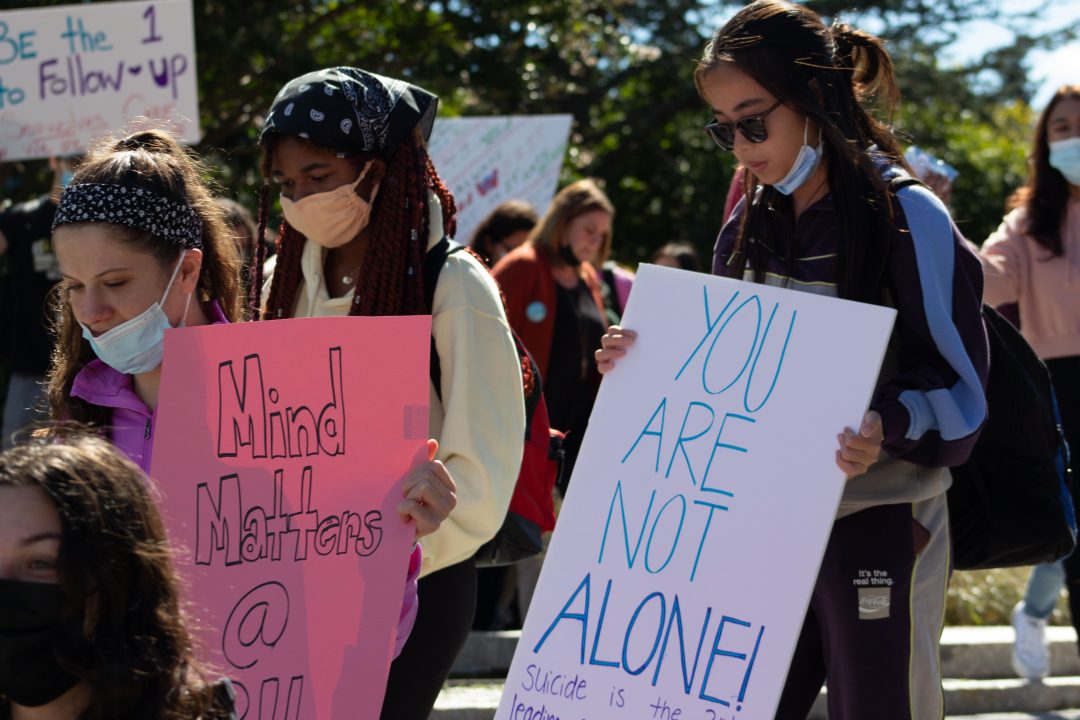
Finding peace in college is like finding a unicorn in real life.
Experiencing one of the most tumultuous stages of life during a pandemic can be, unsurprisingly, incredibly stressful. Fortunately, there are quite a plethora of techniques that can be used to make the COVID-19 college experience a bit smoother, one of which being meditation.
Meditation boasts a wide variety of benefits for the human body, both physically and mentally, making it an incomparable tool for navigating the rough waters of the present semester, as well as those to come. These combined efforts of the process of meditating can be explored through a variety of forms, including concentration, heart-centered meditation, mindfulness, tai chi and walking meditation.
Though meditation is often considered to be more mental than physical, the core of its effects on the body lie in physical responses to the given meditative method. Physiologically, the most prominent benefits of meditation come from its effects on the sympathetic nervous system, the body’s “fight or flight” response center.
While stress can cause the sympathetic system to increase blood pressure and heart rate, meditation can counter these drastic effects by lowering blood pressure and slowing breathing. This physical reaction to meditation relaxes the body and its muscles, thus allowing the brain to follow suit.
The practice of meditation can also have longer term benefits for the physical health of its users.
Those who regularly practice meditation can use its calming effects to both control and improve sleep, manage chronic pain and conditions such as asthma, and help combat current or impending addictions. Additionally, consistent meditation is linked to an increased attention span, and the mitigation of age-related memory loss, making it as beneficial for the mind as it is for the body, like the brainchild of exercise and sudoku.
There are also mental and emotional benefits that come with meditation.
Being in such a state of flux, it is important for us to find solid ground, any way we can. By practicing meditation, we can aid in relieving stress and anxiety, gently easing the transition from online to in person learning, from living at home to living on campus, or whatever the current stressor may be. The physical and emotional relaxation that accompanies the practice of meditation serve as an invaluable tool for managing mental health in a time that has proved it to be crucial. The state of flow created by meditation can also inspire creativity, providing another useful outlet for expressing oneself.
Registered nurse and meditation educator at the Harvard University Center for Wellness Burke Lennihan supports this claim, stating that, “True, it will help you lower your blood pressure, but so much more: it can help your creativity, your intuition, your connection with your inner self.”
Before beginning meditation, it is important to note a few of the common threads that run through most if not all sects of meditation. Many methods of meditating rely on key elements, such as focused attention, relaxed breathing, comfortable body positioning, quiet surroundings, and most importantly, an open mind.
Though a clear headspace is often created by meditation, it requires some clarity to begin as well. Entering into meditation with a positive mindset and willingness to engage will ultimately augment and benefit the meditation experience, allowing the user to get the most out of the session. At Stony Brook University, there are some organizations that help foster this experience, such as the Buddhist Meditation Club, which can offer more guided and structured forms of meditation to allow students to begin their meditation journey.
Being in college is hard. Being in college during a pandemic is like climbing Mount Everest. Yet, by capitalizing on simple and accessible relaxation techniques, such as meditation, we can make it to the peak just a little bit easier.


















